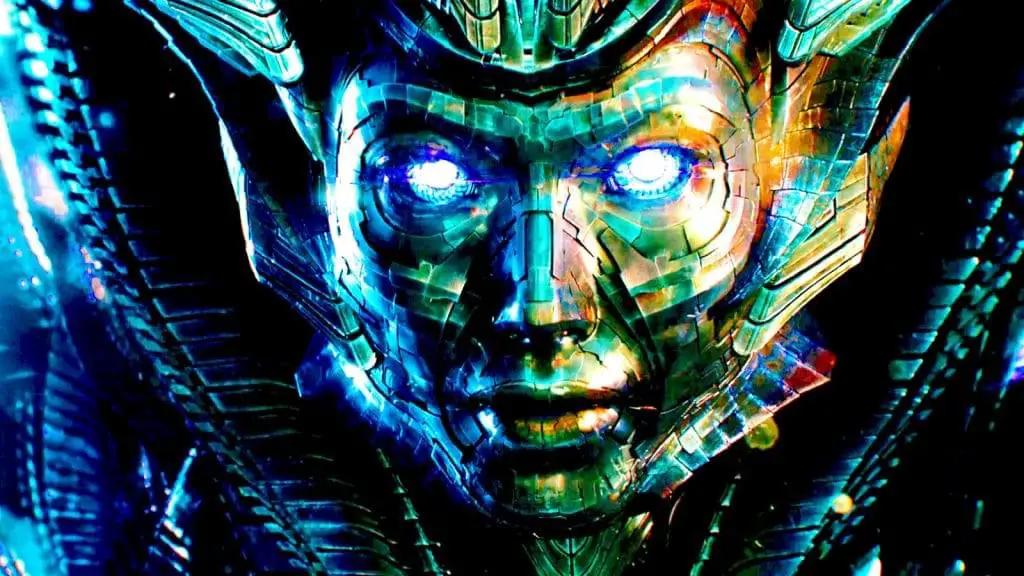
The vibe was intense. Though, what else would you expect from the opening of San Francisco’s newest edition to cinema. Touting itself as the prevailing film about the electronic music and rave scenes, Groove has certainly piqued the interest of an entire city. Where else but the Mecca of digital technology and underground music do club kids anxiously line up beside DJs they adore and hordes of press, all eager to catch a glimpse at a new indie film.
Any doubts seemed put to rest as the opening credit sequence rolled over an appetent crowd with a promising charisma. Groove seemed to have finally tapped into the spinal chord of the true 90’s underground milieu. However, as the film began to focus on a vast array of characters, I realized that any true delving into the scene would be myopic at best.
It quickly morphed into the realm of saccharine melodrama, stock full of shallow characters that seemed cut out of a twenty-something demographic, then pasted onto the background of a rave scene. If you can come to grips with this, Greg Harrison’s directorial debut lies waiting to indulge any regrets you might have about the banality of your past few weekends.
Groove centers on David a disillusioned writer who moved to San Francisco hoping to uncover his inspiration, but finds himself authoring computer software manuals four years later. To wean his increasing unhappiness and rigidity, his younger brother, Colin (Denny Kirkwood from Never Been Kissed,) convinces David to join him at an all night party called Groove, after news of this party has spread via an email list that connects hundreds of rave aficionados. Along with numerous souvenir characters, David is the token newcomer to the scene, and his introduction to continually thumping beats, acid-jazz chill rooms and extasy feels more like a beginner’s text on “Ten Things You Should Know About Raves.”
Alongside David, is Lela (Lola Glaudini from NYPD Blue,) the experienced party girl that never went to college yet has more sense than anyone else, a token gay couple whose trials and tribulations are supposed to be comedic squabbling, and of course the cynic dressed in black juxtaposed against the candy-raver teen clad in florescent plastic accessories. All converge upon the San Francisco warehouse district to play their scripted parts as the late night hours dwindle into dawn.
In the wake of more informative films such as Modulations and Better Living Through Circuitry, Groove comes up way short in doing anything beyond simply enlightening the uninformed as to what a rave is composed of. Fair enough, as those were essentially documentaries. In terms of melodrama, Groove is more at home next to GO, though ostensibly aiming for a rougher, indie look and feel. Groove certainly portrays the rave scene more accurately than GO, and should come as a slight relief to club kids upset by the contrived æsthetics of the latter.
If nothing else, Groove delivers an inspiring soundtrack that is turgid with heavenly electronic tracks from such artists as Polywog and DJ demigod, John Digweed, both of whom appear in the film as well. It is a must for THX sound, and perhaps this is what Sony Pictures Classics counted on when they agreed to distribute Groove. So, enjoy the beats, and look for a few clever editing sequences, but don’t expect much else. And of course, it’s imperative to ensure you have a club to rush to when the credits are over, guaranteeing you won’t spend too much time lamenting Groove’s shortcomings.
